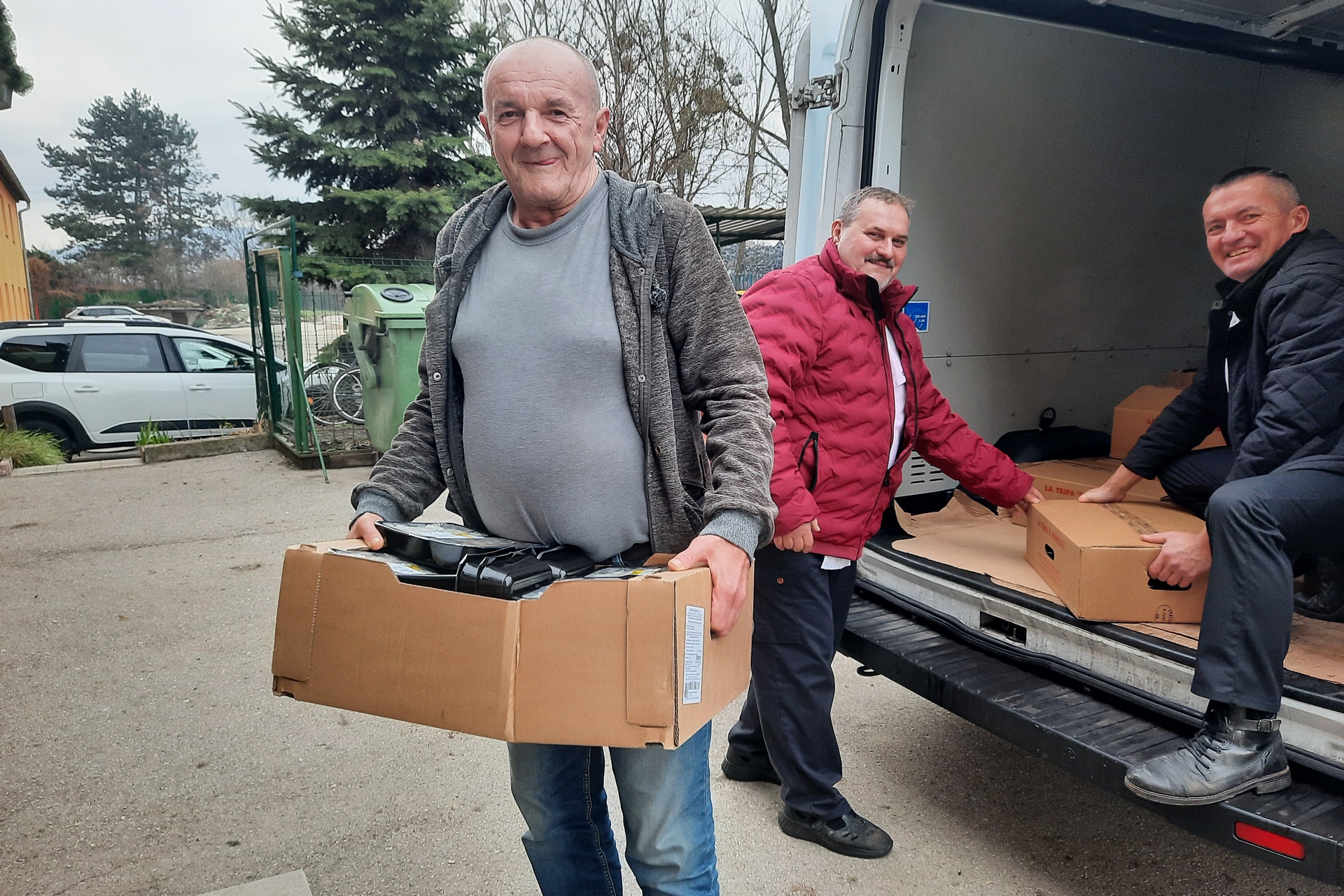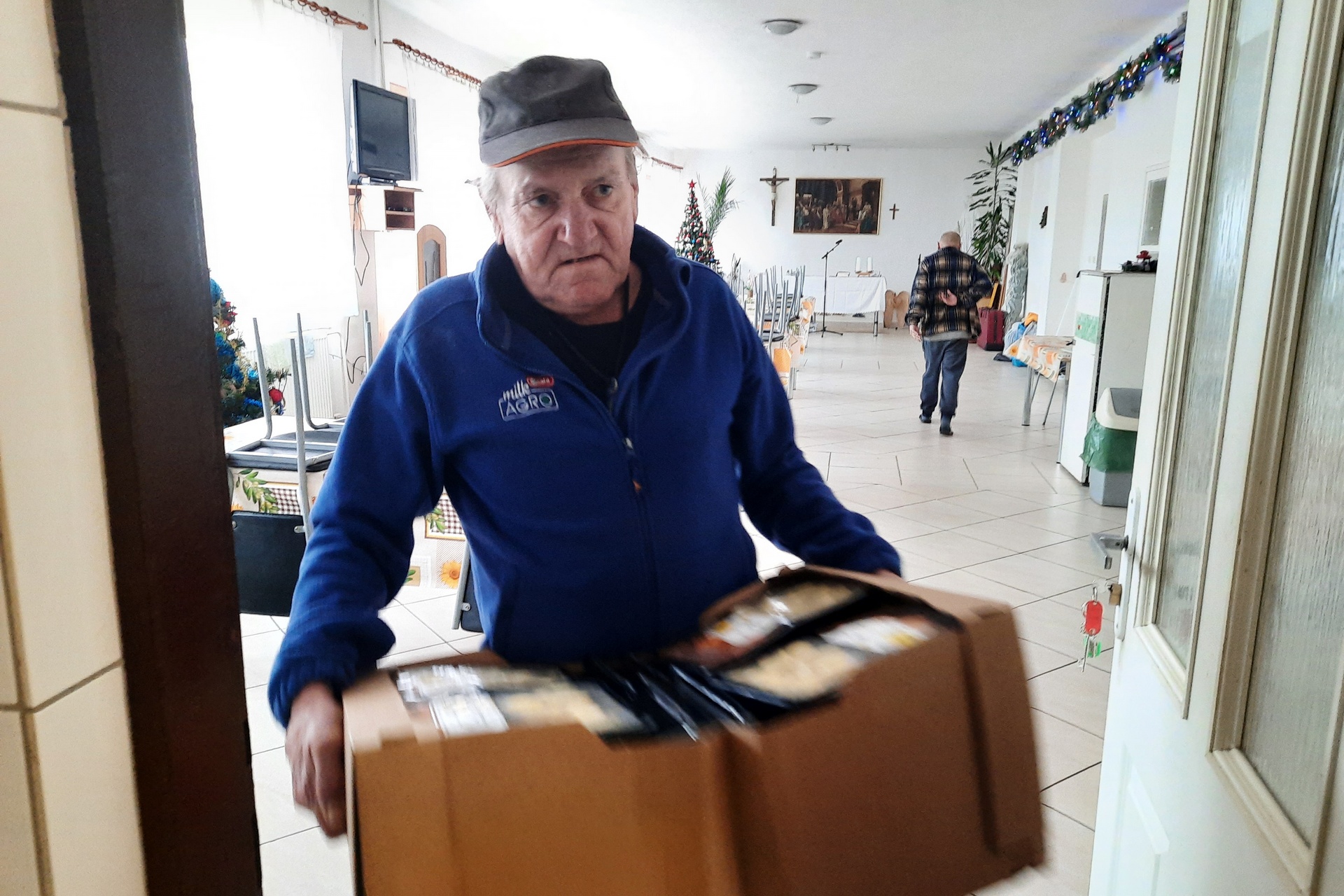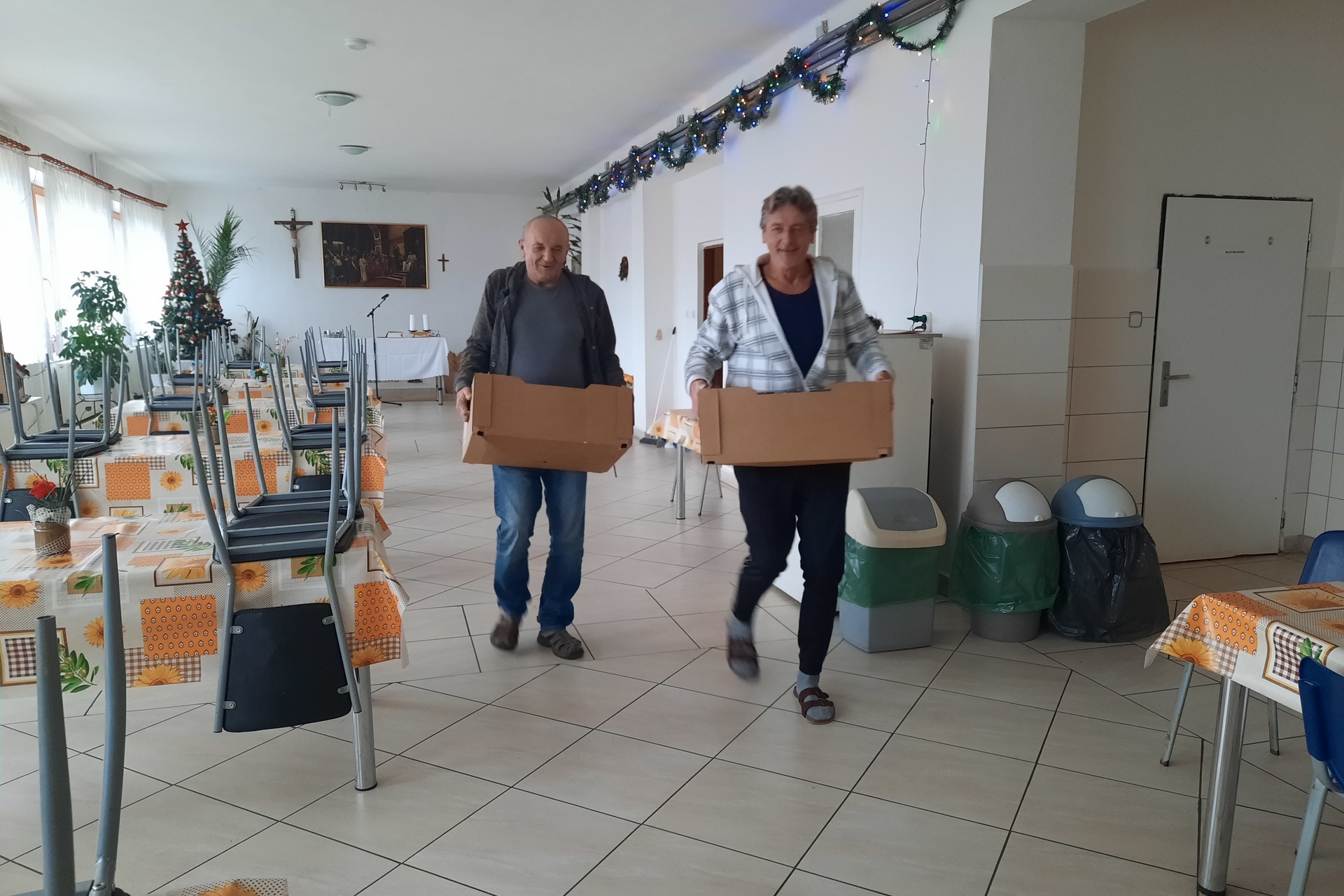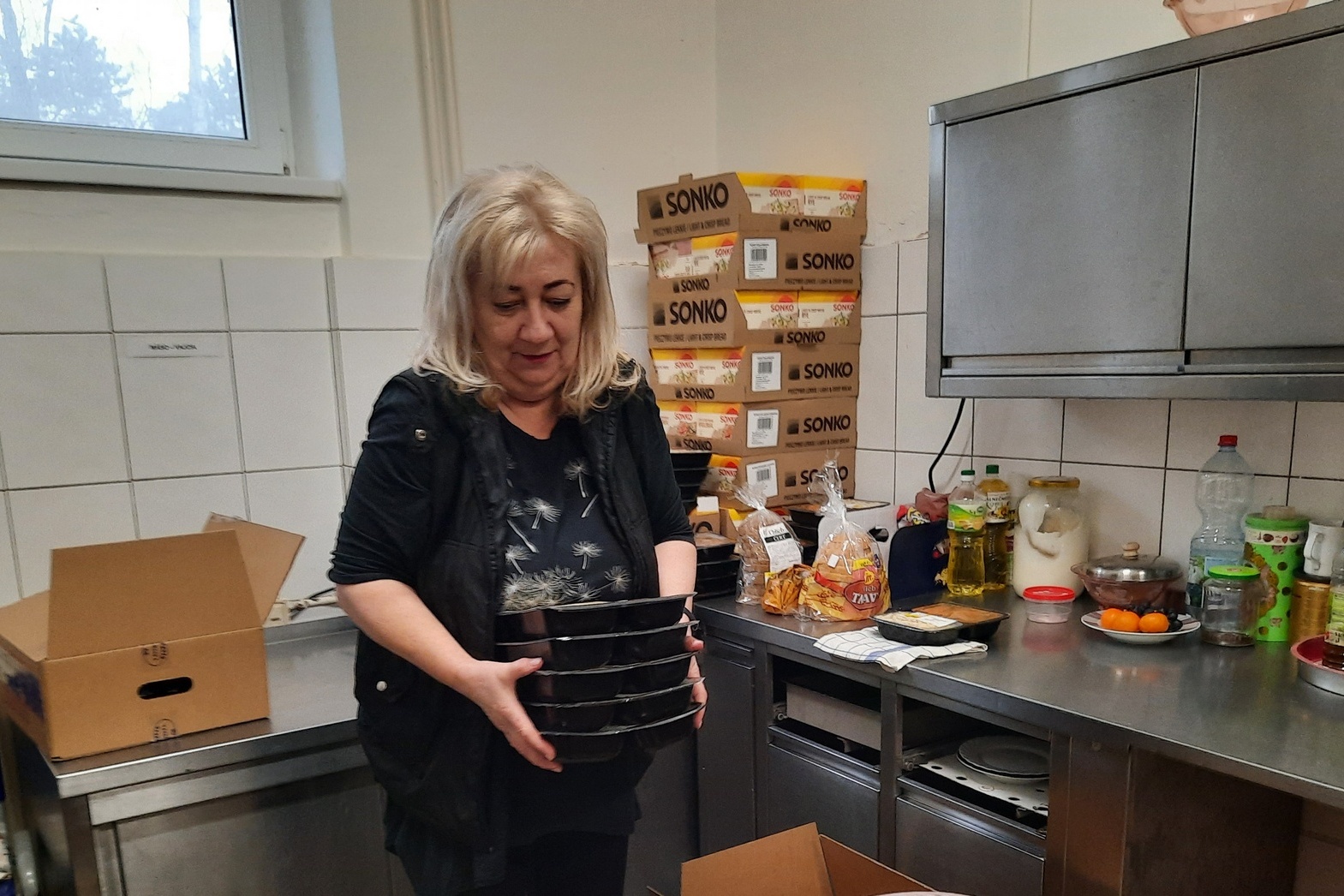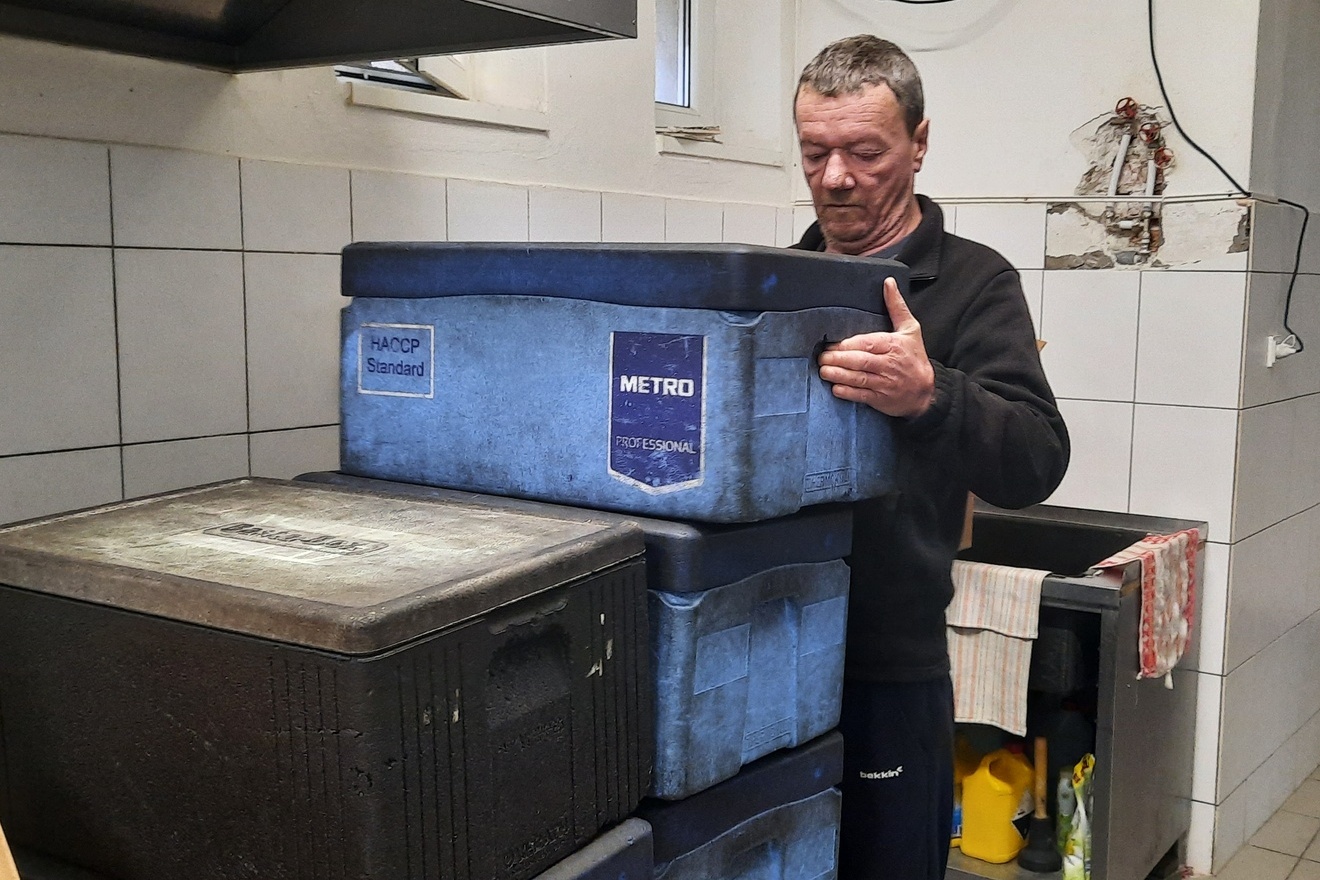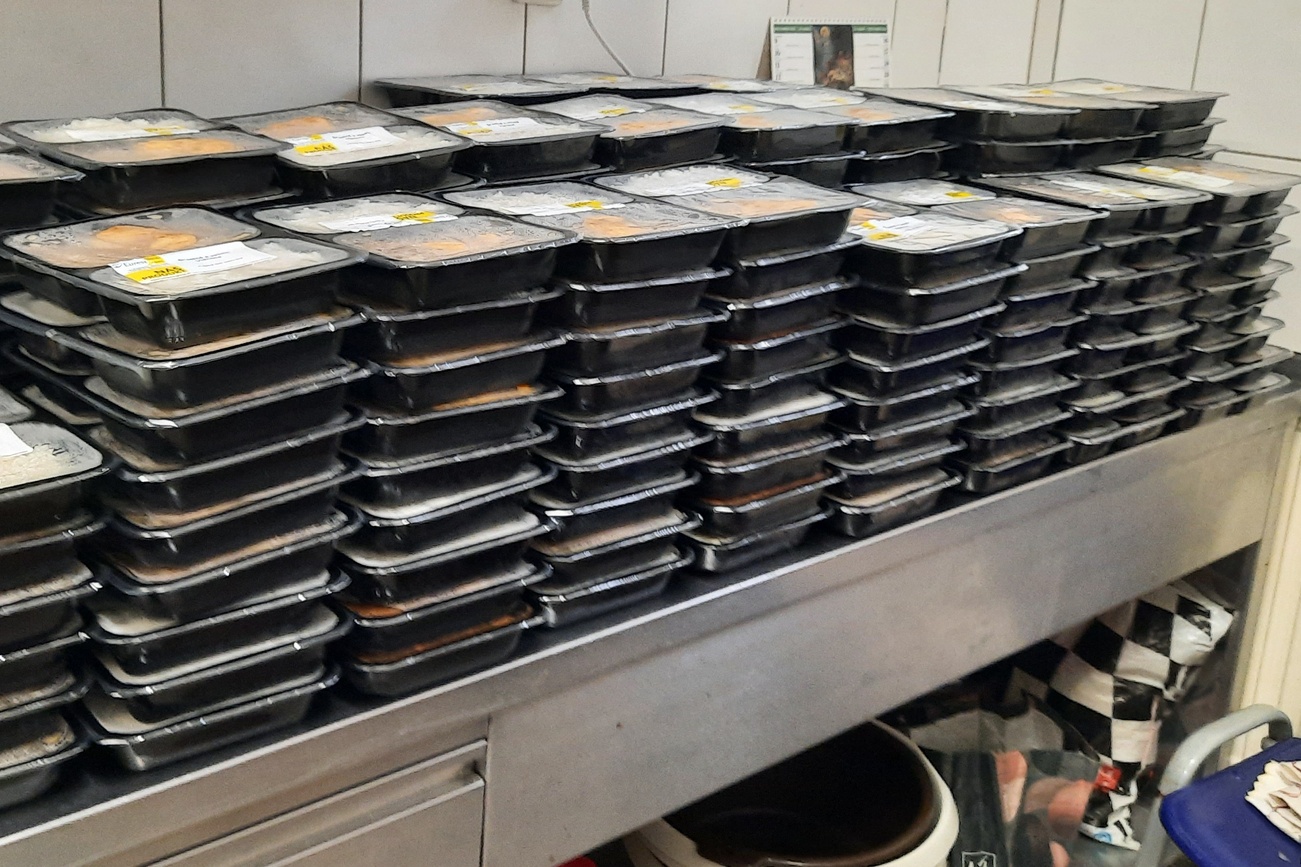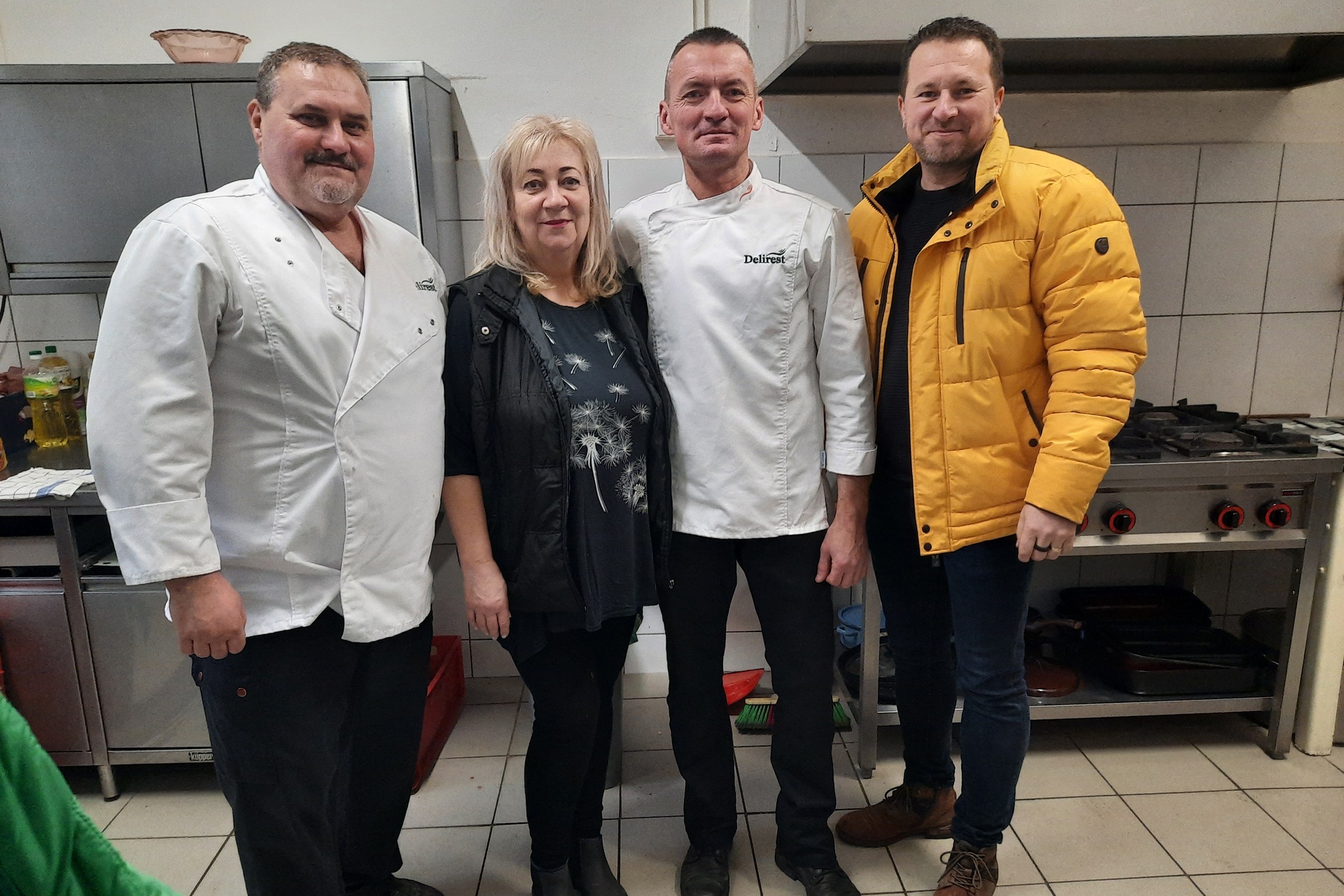
To find yourself on the street, without a roof over your head, without money... We can't even imagine it. Many people who have not been so lucky in life have often found themselves in such a situation through no fault of their own. A handshake and the help of others are of incalculable value to them. Every person, every family, is always a different, but still somewhat similar story.
In the non-profit organization OAZA – Hope for a New Life, they have experienced hundreds of similar fates and stories. Not only individuals, but also entire families. What must happen for a person to end up on the street? Debts, inability to pay for housing, senseless loans with liquidation interest, addiction to alcohol or drugs...
In the OAZA, he now writes the lives of up to 300 stories of people with similar destinies. They found a roof over their heads in a modest accommodation facility or in a long building called a hangar. "The hangar is used by people who come directly from the street or who are driven by us from the street. We let them not only spend the night in the hangar, but also longer if they come, for example, with frostbite from the hospital. But many recover even a little, pick themselves up and leave again. Currently, 13 families with children live in our center. Most of them have lost their housing, they had nowhere to go, they have no parents, no one to help them," says Monika Pergerová, who works as a social worker at the center, adding: "A person should stay in the main building for a maximum of three years. But we also have people who have lived here longer. They are the ones who engage in occupational therapy, observing hygiene and all the rules. Occupational therapy also includes work on a construction site in a meadow, on the reconstruction of a hangar, cleaning work and taking care of the livestock that we breed here. We also have employed clients, but there are very few of them, others sell the magazine Nota bene. They will stay with us for a while, because rents for housing are very expensive and hostels are full, especially now in winter. Many will come back over time. Either there is a relapse, or they stop working, get sick and can no longer pay for the hostel, or they already receive, for example, a disability pension."
They also have to participate financially in everyday life and the operation of the facility. No one lives here for free. They have to contribute, for example, to energy. At the same time, social workers lead them to learn that nothing in life is free, that they must be able to manage, even with little, if they want to buy something. "For example, we have a full warehouse of clothes, because many people bring them to us. The warehouse is not large and is currently full, but it does not always have everything and in the right size. What we have, we provide them, but it is not always enough," Monika Pergerová explains the operation of the facility.
A separate chapter is catering. The facility also tries to provide them with hot food, soup and distributes everything they receive from sponsors among clients.
The help of our employees in the form of lunches always causes great joy. The soup and main course last for many as an all-day diet.
In December, 177 steelworkers shared 1,092 lunches (chilled food) with homeless people. Colleagues from Delirest cooked and today delivered half of the lunches (vegetable soup with crumble, meatballs in tomato sauce with potatoes, grilled chicken leg with rice and Slovak risotto). Another batch of lunches will follow.
"Lunches will help our clients a lot, people are looking forward to it, everyone will get food. Tell your colleagues who donated the lunches that we sincerely thank you for everything," said Monika Pragnerová.
Cover image: Vladimír Balog
In the photo from the left: Miroslav Angelovič, head of the ÚMD canteen, Monika Pergerová, social worker of the non-profit organization OAZA - Hope for a New Life, Kamil Kollarčík, head of the canteen Entrance Area and Vladimír Balog, director of the gastronomic operation of Delirest at U. S. Steel Košice.



